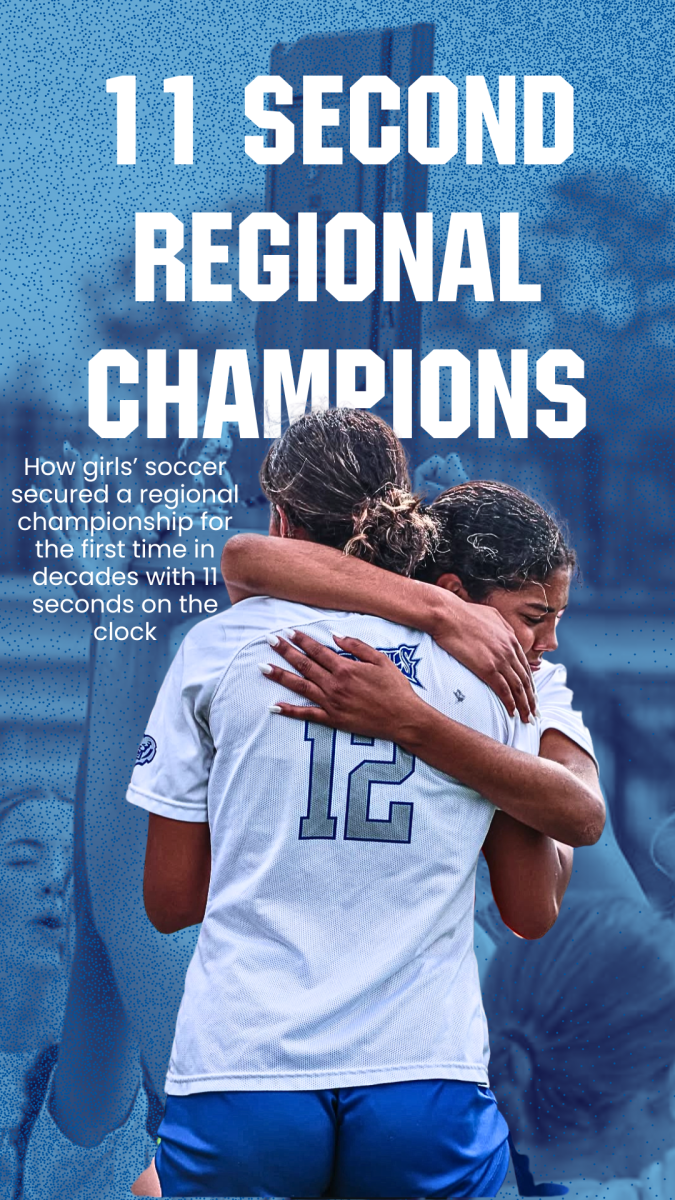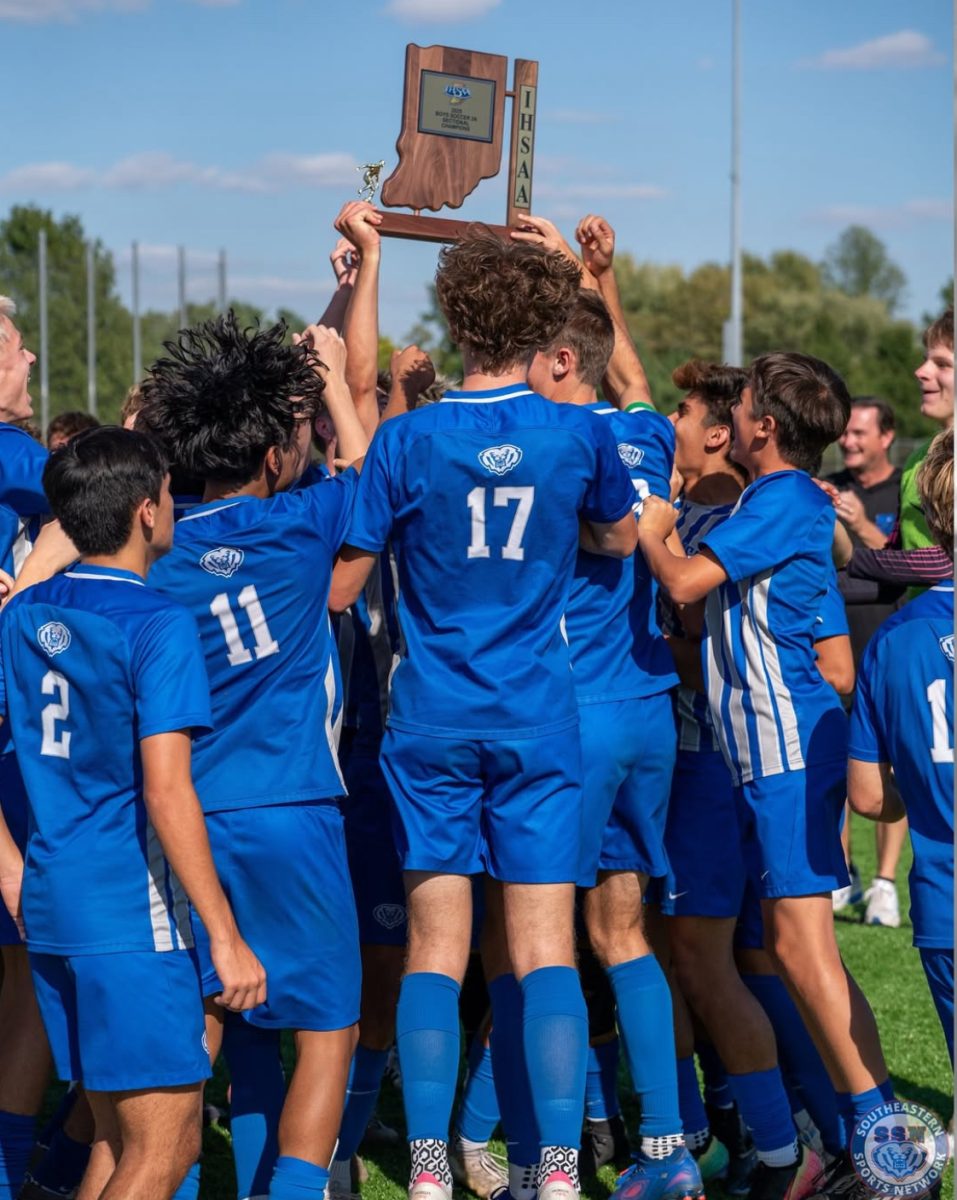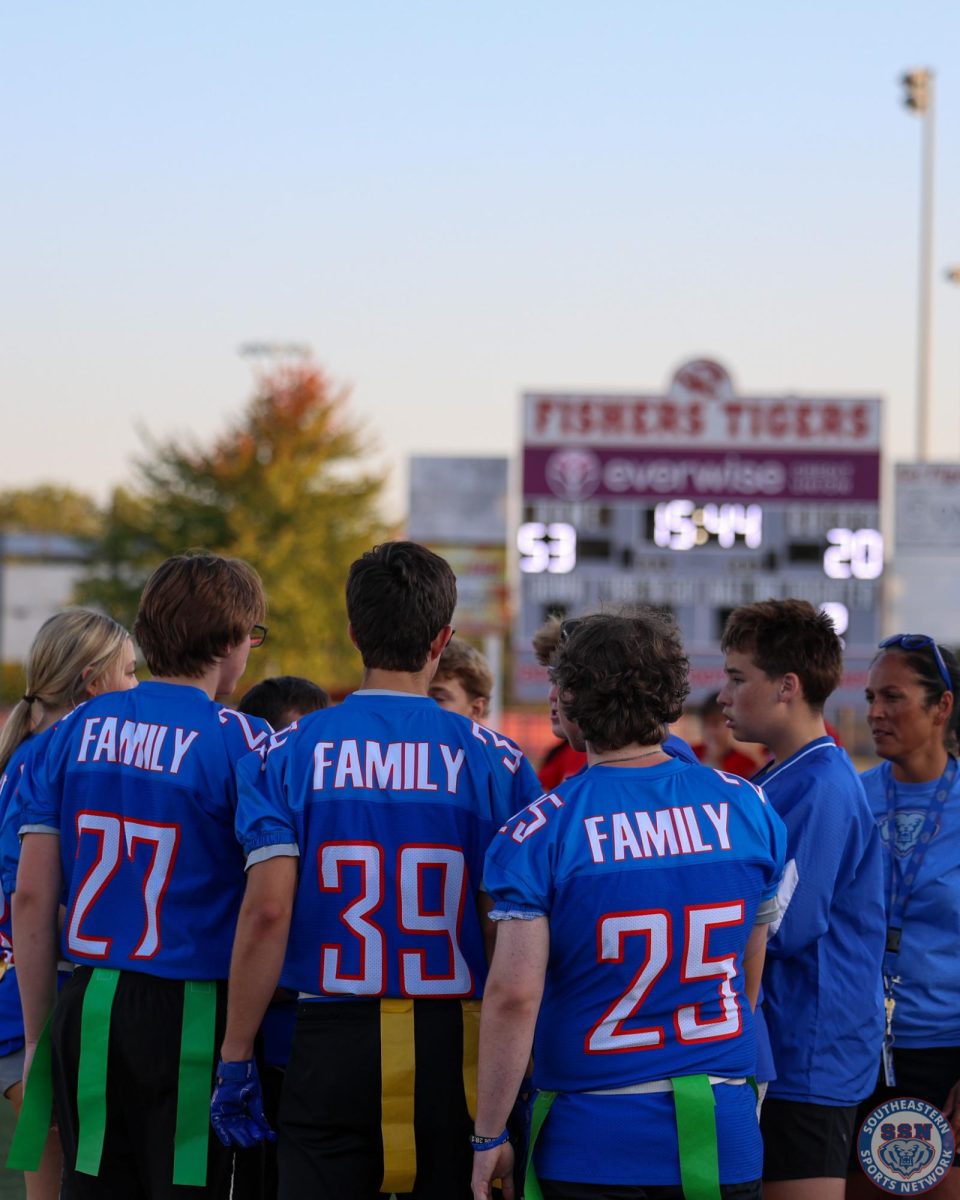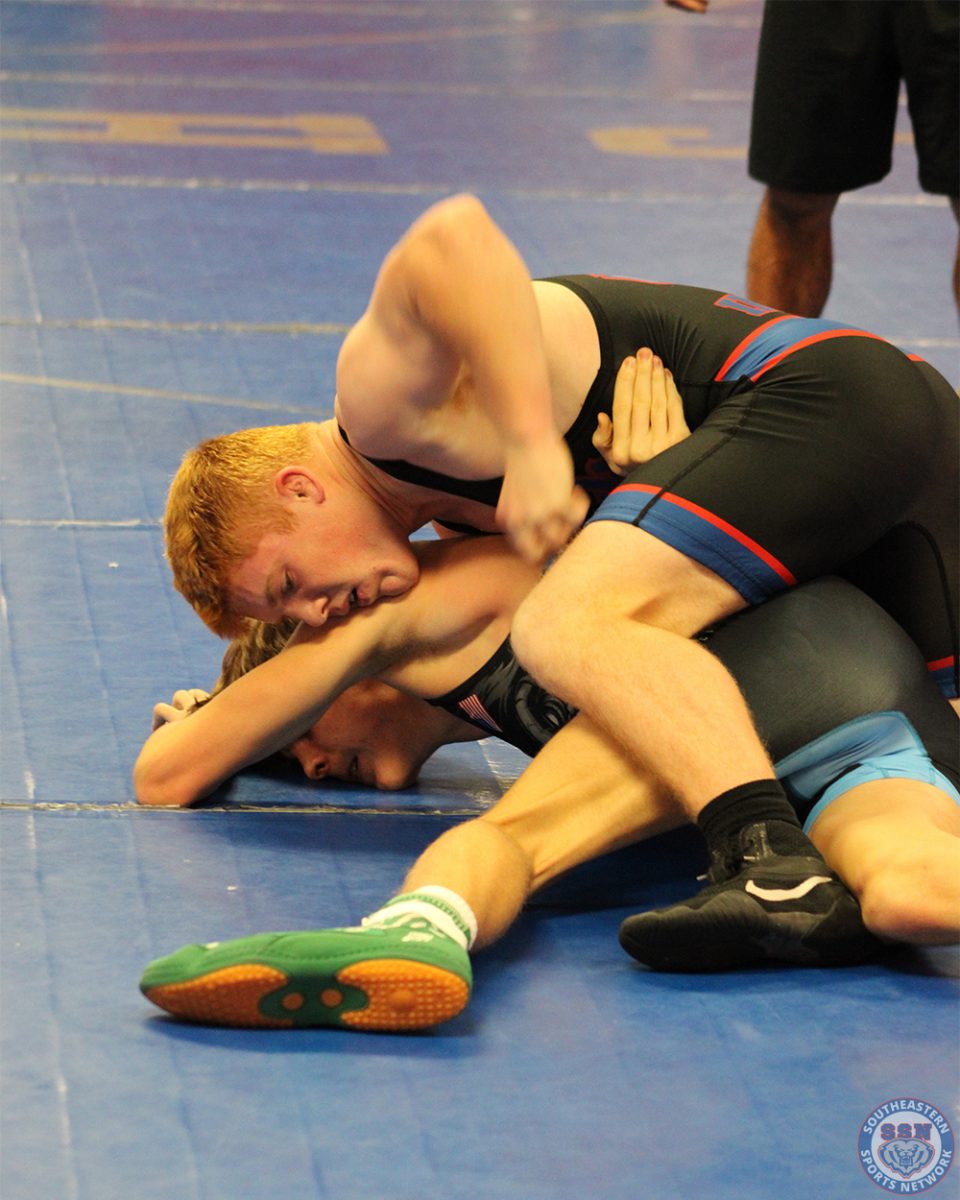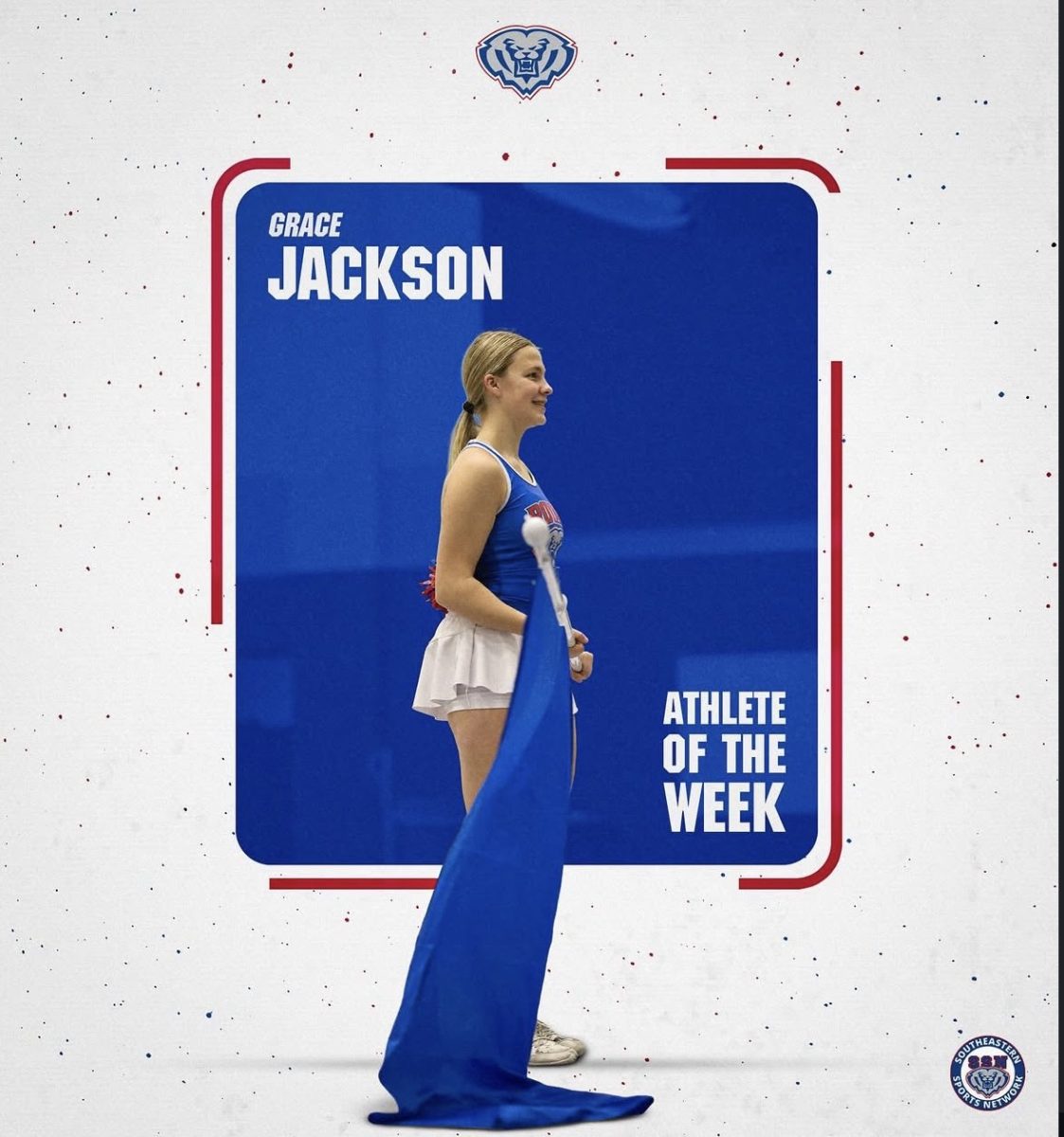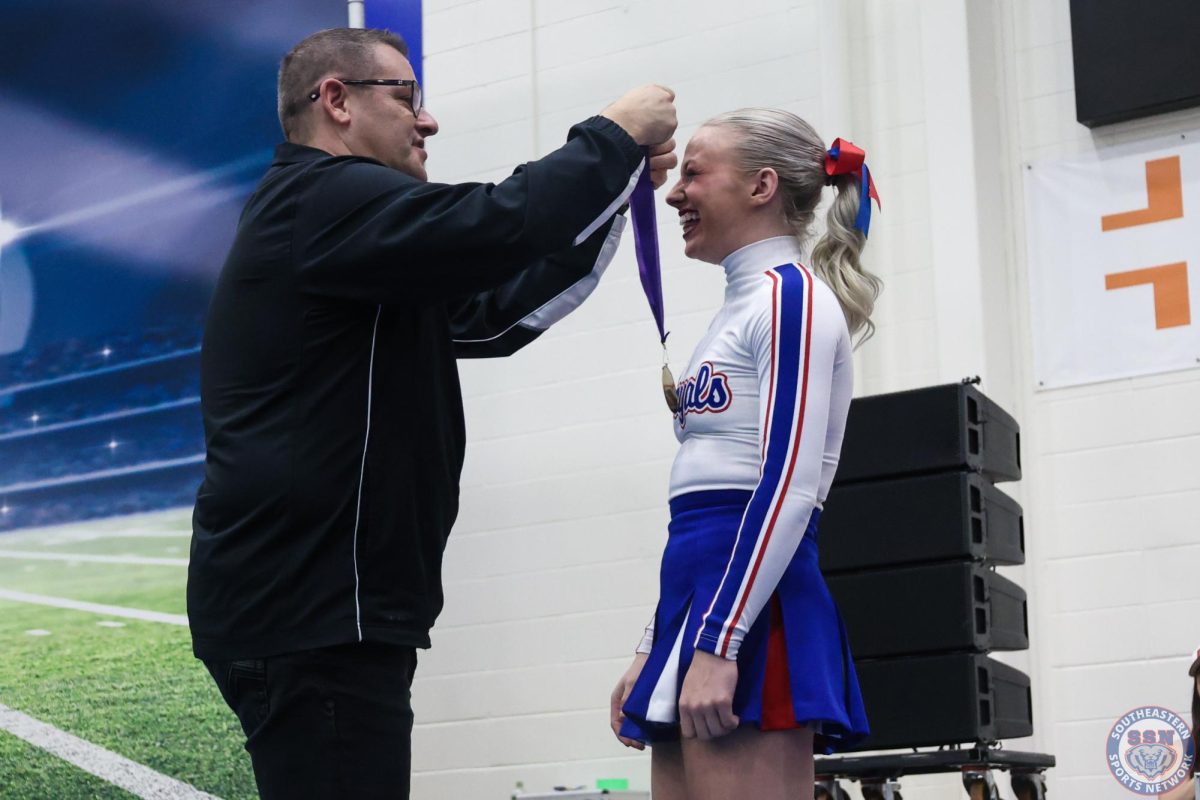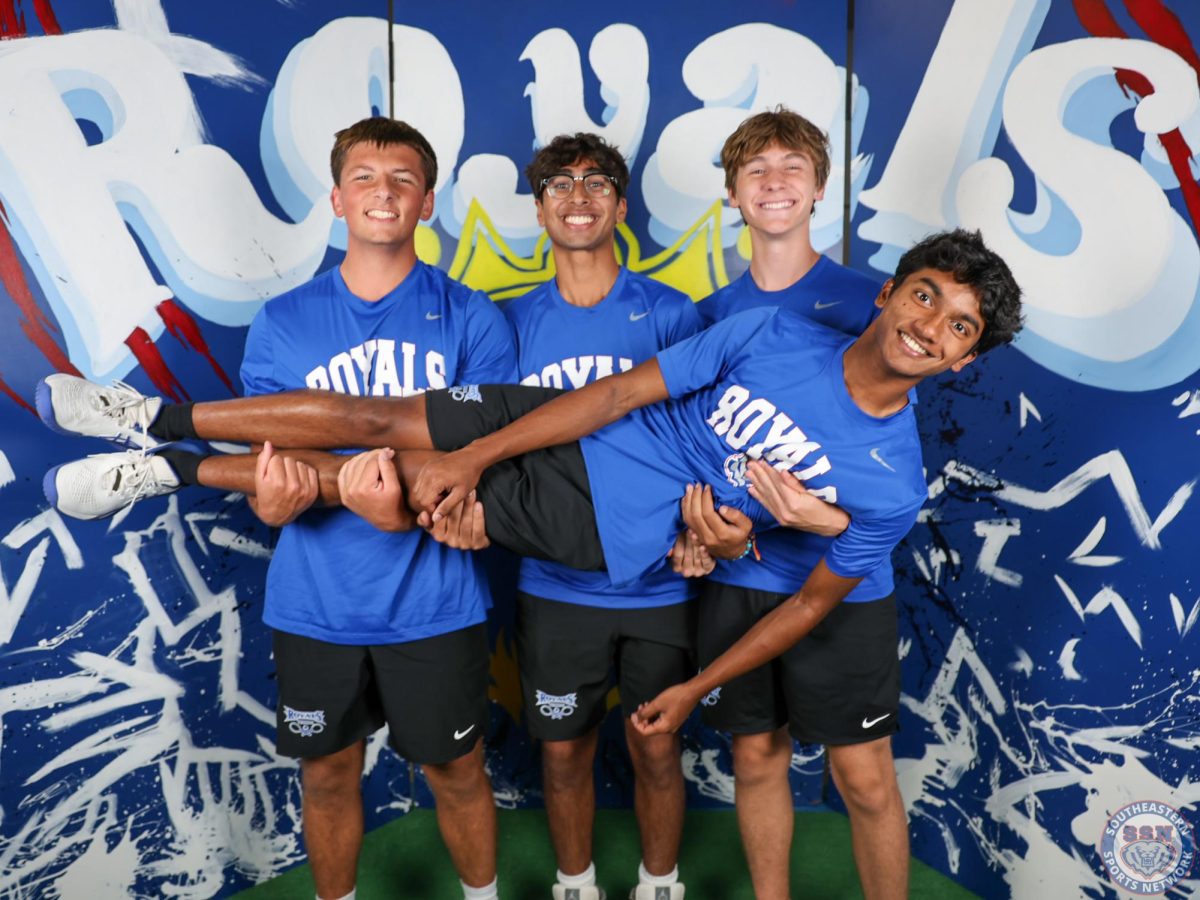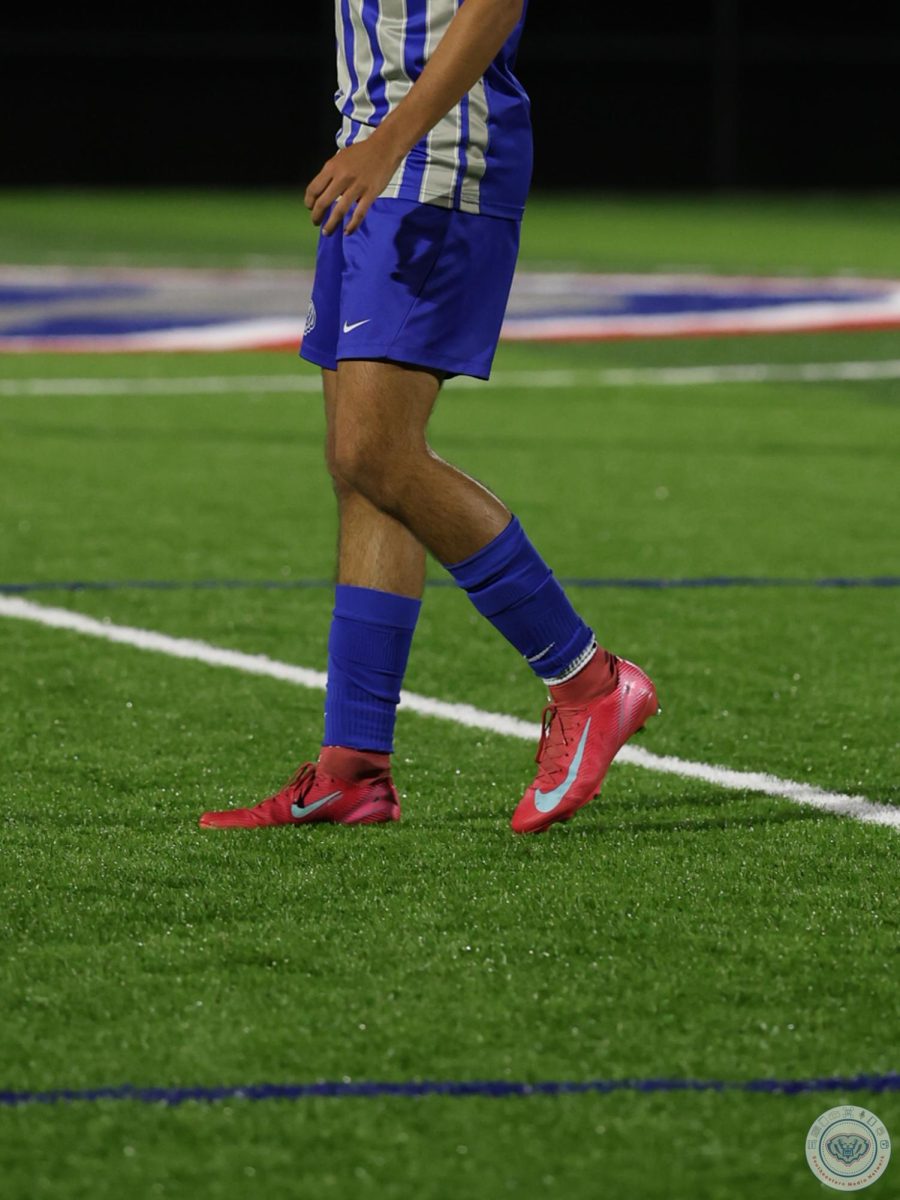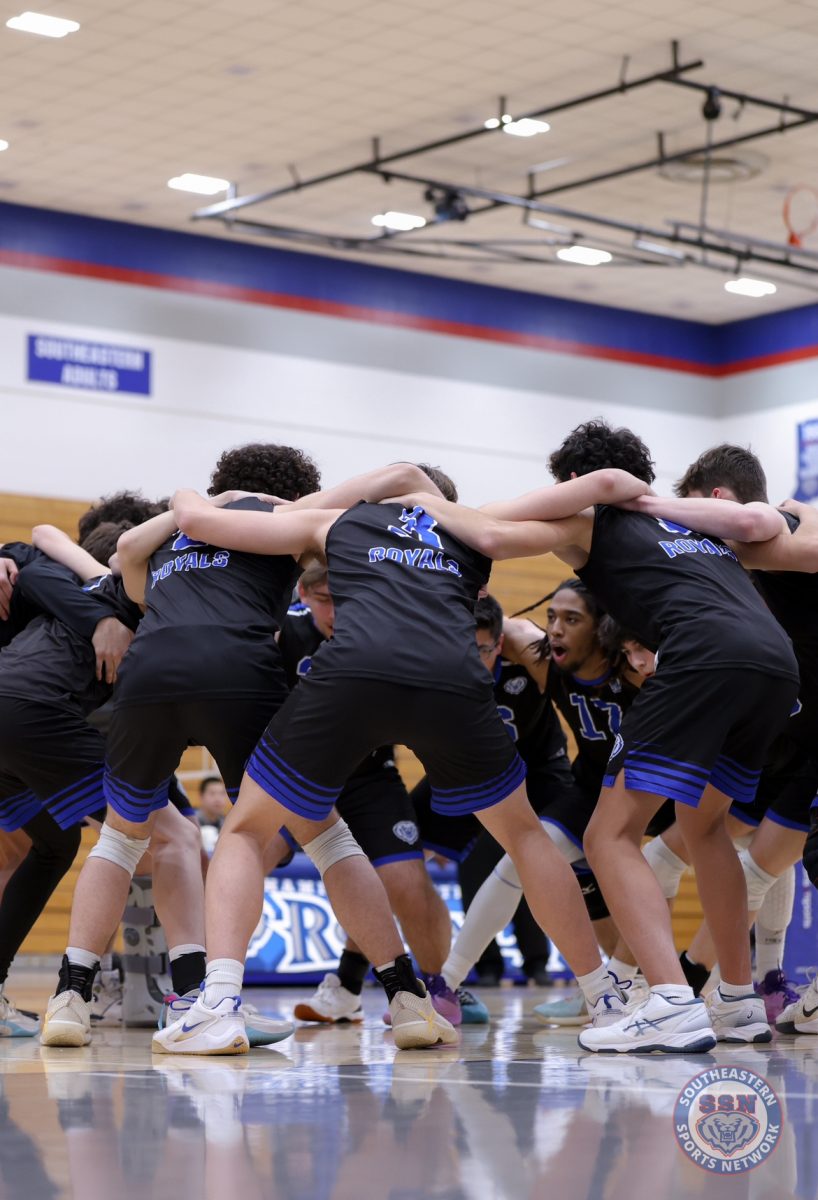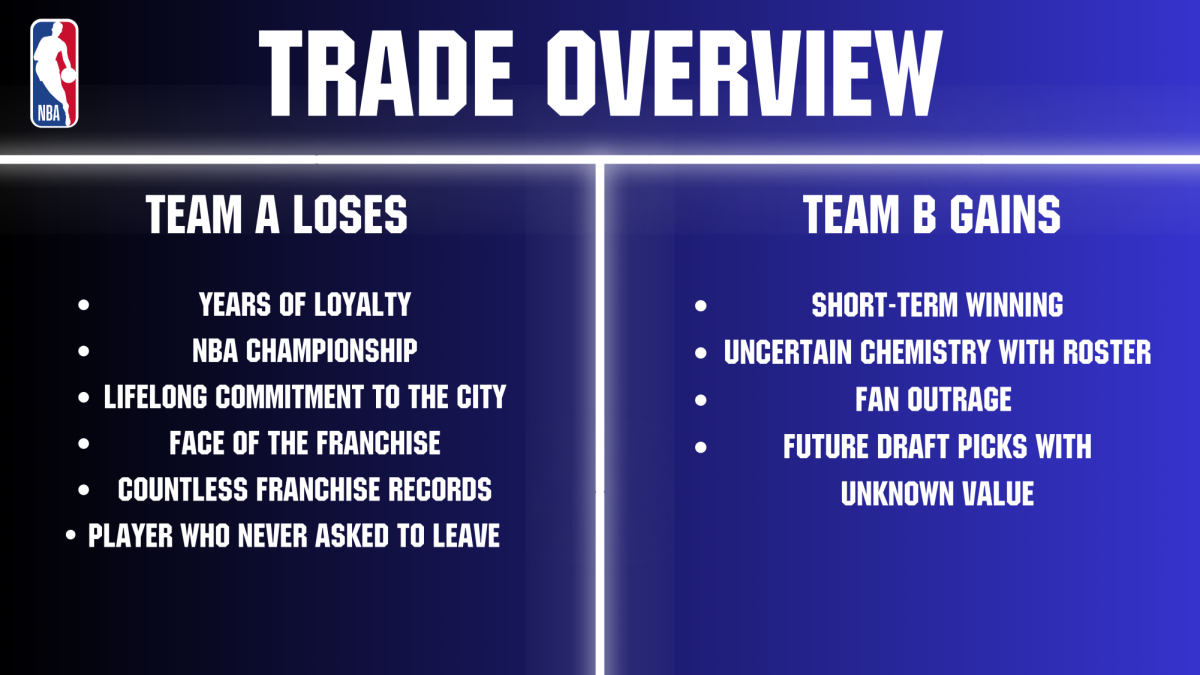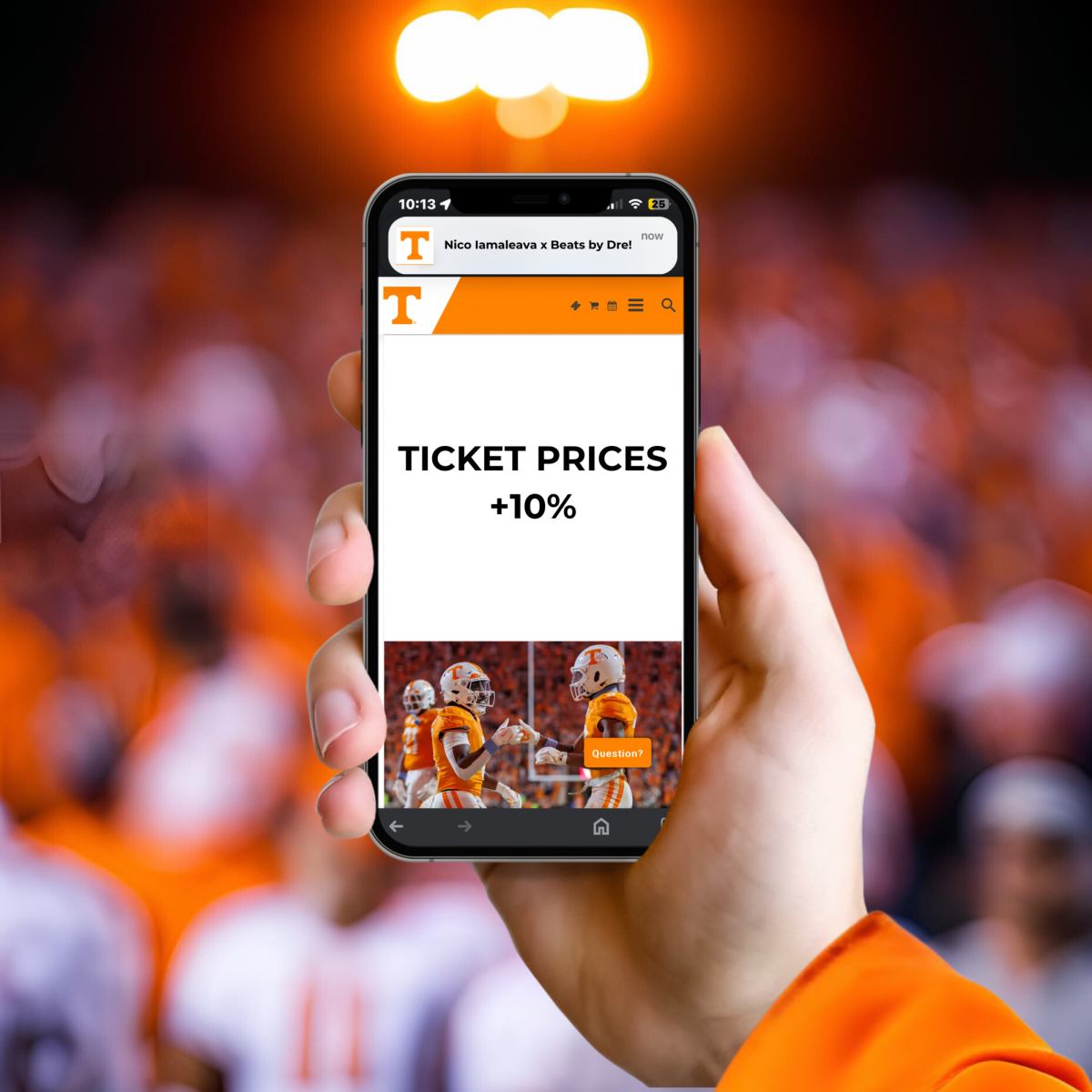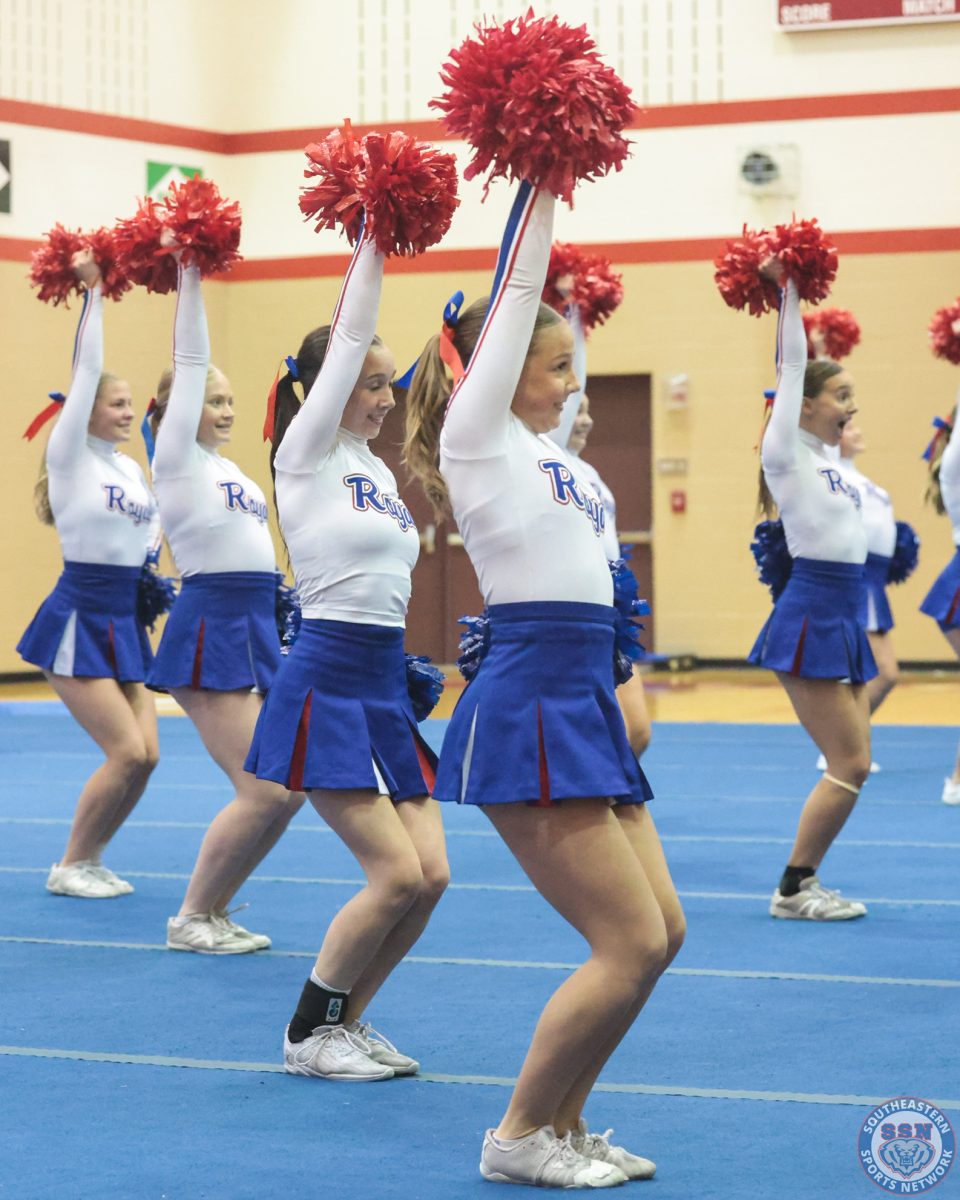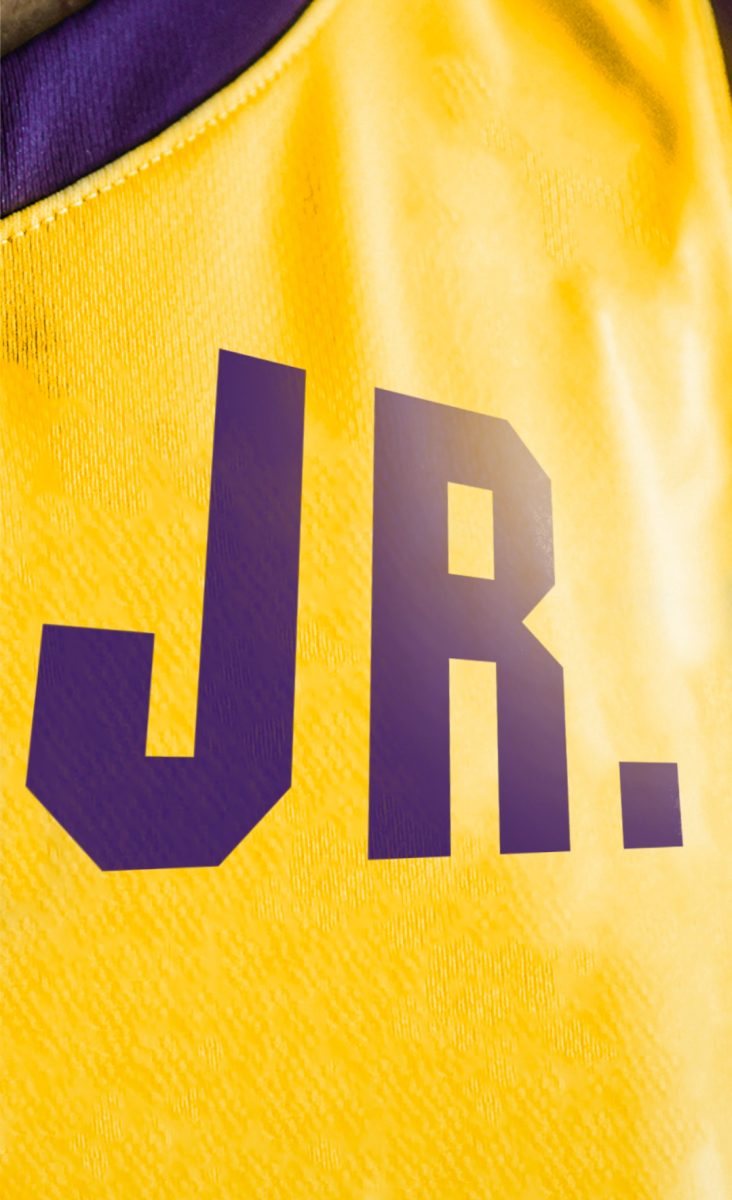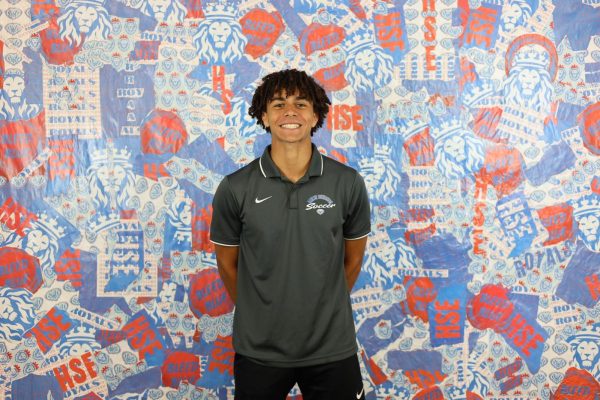The growing debate over college football athlete funding has sparked two distinct perspectives. On one side, many believe that passionate supporters shouldn’t bear the financial burden of compensating athletes just to watch their favorite teams. However, players argue that their contributions to the sport warrant fair compensation.Â
Earlier this season, the University of Tennessee decided to implement a 10% “talent fee” on all ticket invoices to fund Name, Image, and Likeness (NIL) payments to players. Fans criticized the increase, with ticket prices rising by about five dollars per game for students and up to ten dollars for other attendees.Â
 However, from a player’s perspective, the situation looks very different. Take the case of quarterback Matt Sluka, who transferred to the University of Nevada, Las Vegas, with the promise of a $100,000 NIL deal. However, when the payment never came through, he refused to play and sat out the rest of the season. Whether the issue was a broken promise or a demand for a raise, it shows the troubling trend where athletes who have dedicated their lives to their sport may be left underfunded. This may seem like a petty decision, but if you had sacrificed countless hours to your sport and put your education on the line for a promise that was never fulfilled, you’d feel a little cheated too.Â
 In my view, the tax on tickets is justifiable, within reason. Athletes depend on NIL deals to support themselves as they balance the demands of college football, which is essentially a full-time job. However, if this NIL power is abused and ends up being a case where no players or programs are satisfied, we risk losing talented players, diminishing both the quality of the game and the overall viewer experience in the long run.

